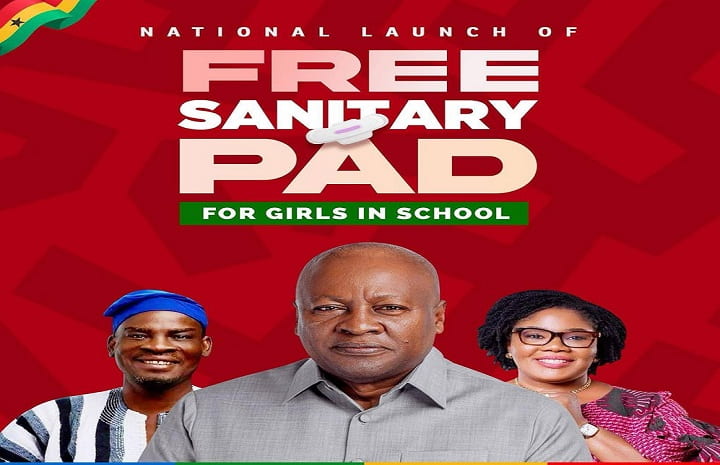
GHANA’S FREE SANITARY PADS PROGRAMME: LESSONS FROM KENYA
Apr 24th, 2025
- Random Thoughts
In 2017, Kenya rolled out a free sanitary pads programme for schoolgirls after an initial pilot in 2011. These six (6) challenges from Kenya are useful to Ghana as Ghana’s President launches a similar one today:

SHS CUT-OFFS ARE BACKWARD 20TH CENTURY POLICIES
Mar 5th, 2025
- Random Thoughts
I remain against admission cut-offs in secondary schools. They are medieval and discriminatory. There is no scientific proof that one with aggregate 6 from Presec Primary where over 10 teachers teach in JHS is academically better or has a higher IQ than one with aggregate 36 from Mafi Dugame where one teacher taught the entire JHS in 2021.
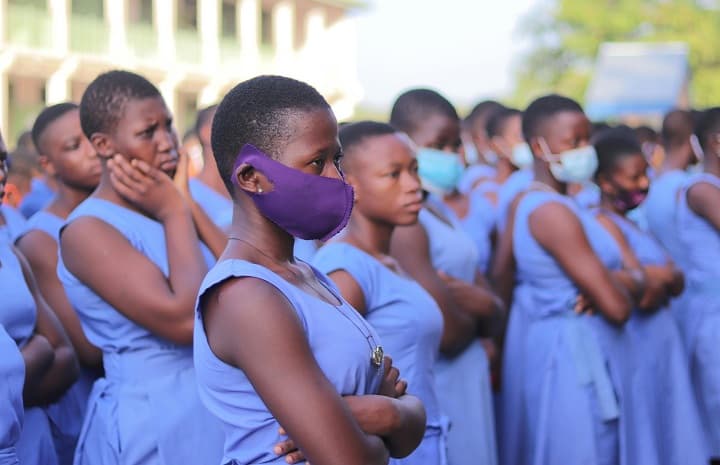
PARENTS PROTEST OVER WITHHELD 2024 WASSCE RESULTS
Jan 30th, 2025
- Random Thoughts
I have seen scores of parents protesting over withheld 2024 WASSCE results. As I indicated last December, at least 80k candidates may not get one of their core subject results, truncating their tertiary transition this year.
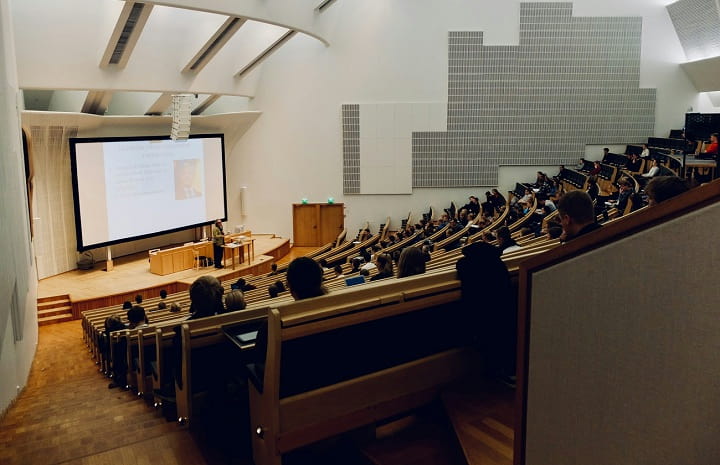
THE GOVERNMENT'S FREE TERTIARY ACADEMIC FACILITY USER FEE (AFUF) PROMISE FOR NEW STUDENTS
Jan 21st, 2025
- Random Thoughts
An average of GHC 2,750 per first year student is earmarked as free AFUF for students who have gained admission into public tertiary institutions. This is enough to prevent the average prospective public tertiary student from NOT honouring their conditional admission due to the lack of about GHC 2,500 cash.
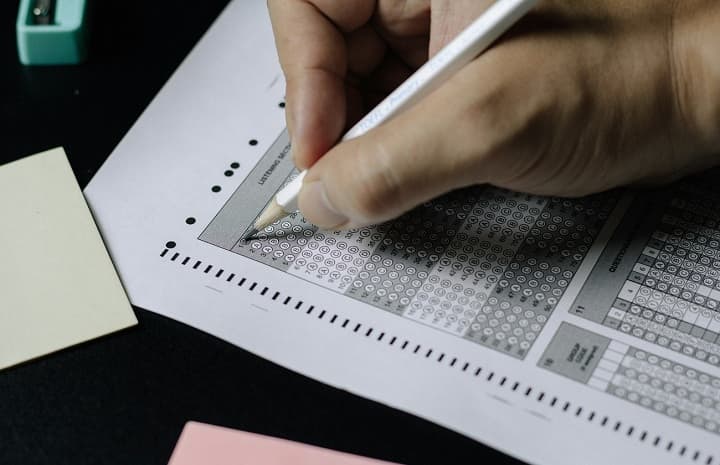
THE 2024 WASSCE PROVISIONAL EXAMINATION MALPRACTICE SCORE CARD
Dec 31st, 2024
- Random Thoughts
A deep dive into the provisional 2024 WASSCE results statistics suggests the following were either cancelled or are withheld for alleged collusion:
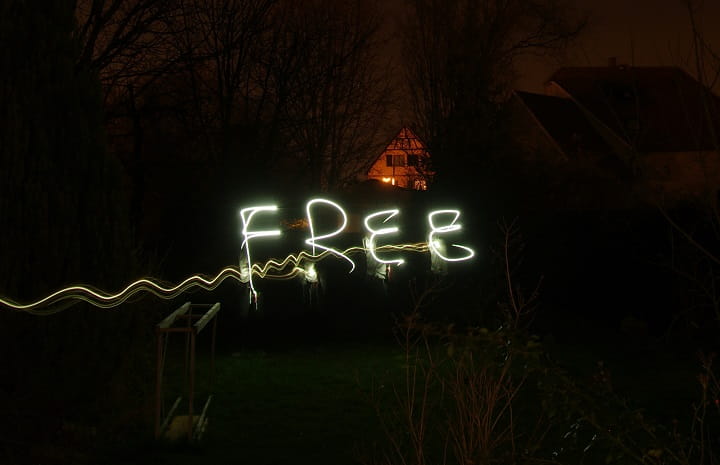
FREE WASSCE FEES: AN UNNECESSARY FINANCIAL BURDEN ON GoG AND WAEC
Dec 12th, 2024
- Random Thoughts
Prior to 2020 when free WASSCE was introduced, less than 1% of final year students defaulted in paying their WASSCE fees.

EDUCATION SECTOR LEGAL REFORMS: CONSOLIDATING THE GAINS
Jun 22nd, 2024
- Random Thoughts
The Akufo-Addo administration has since 2020: Made free Senior High School (free SHS) law in Section 3 of the Pre-Tertiary Education Act, 2020 (Act 1049); Made free Compulsory Universal Basic Education (fCUBE) law in Section 2 of Act 1049;
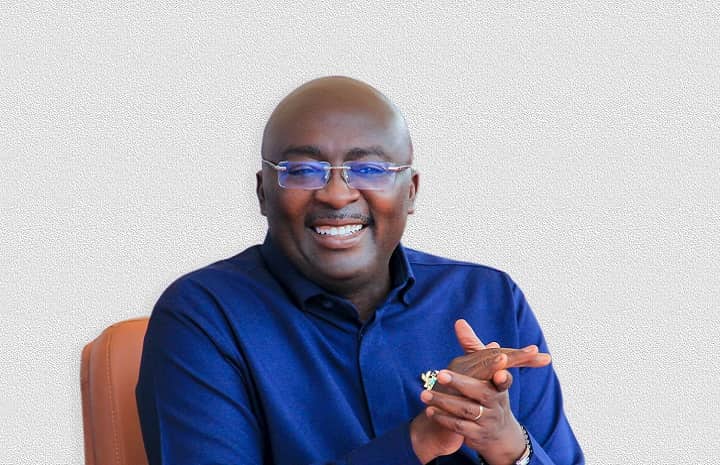
DMB’s VOLUNTARY NSS, TEACHER DEFICITS AND FCUBE
Jun 21st, 2024
- Random Thoughts
There are currently 182,900 NSS personnel working across Ghana, of which 35% in the education sector. That’s some 63,000 graduates.

HOW TO PREVENT KAYAYE IN GHANA
Jun 21st, 2024
- Random Thoughts
“Almost half a million (454,014) girls in Ghana aged 4 to 17 years have never attended school. Over a quarter (27.6%) of these girls are in the Northern Region which has the highest number of girls that have never attended school (125,287).”

45TH BIRTHDAY DISTRIBUTION OF EXERCISE BOOKS TO NEEDY PUPILS COMMENCES
May 12th, 2024
- Random Thoughts
Yesterday, on the eve of my birthday, I commenced a month-long distribution of 10,000 exercise books to needy students in selected public basic schools in Nanton, Tolon, and La Nkwatanang Madina.

HOSTELS FOR KAYAYE
May 4th, 2024
- Random Thoughts
I learn this is the Ashiaman Kayaye Hostel. It’s a beautiful habitat for the vulnerable. I acknowledge the concerns about sustainability-whether this is the total solution to kayayeism; and which skills development strategies will accompany the habitat.

TEACHER AGITATIONS FOR GES EMPLOYMENT, ALLOWA POLITICS AND OPPORTUNITY COST
Apr 18th, 2024
- Random Thoughts
After the nurses, I hear the teachers are also planning to hit the streets over delayed recruitment. Some claim they have been home since 2020, which is concerning.

EDUCATION FINANCING, DEBT & TAXES
Apr 18th, 2024
- Random Thoughts
2024 is the African Union (AU) year of education, a pre-cursor to the end of the AU Continental Education Strategy (2016-2025). By 2023, some 38 million children were out of school on the continent, with 17 million teachers needed in basic and secondary schools.

PERFORMANCE TRACKER - RAPID FACT-CHECK
Apr 12th, 2024
- Random Thoughts
I have read social media comments suggesting that the Pusiga Girls Model Primary and JHS has been falsely claimed by government in its Performance Tracker.

DIGITALIZATION: WHAT’S THE END GAME?
Apr 8th, 2024
- Random Thoughts
How has the digitalized procurement system reduced procurement related corruption, promoted transparency value for money?

WANTED - A SINGLE NATIONAL SCHOLARSHIPS COMMISSION
Apr 8th, 2024
- Random Thoughts
What Ghana needs is a single National Scholarships Commission with a legal framework and mandate to manage all amorphous public and public-corporate scholarship schemes, and account to Parliament, the Auditor-General annually.

LACK OF DESKS CAUSING PUPILS DROPOUT - EDUWATCH KINTAMPO NORTH DESKS MONITOR
Mar 8th, 2024
- Random Thoughts
We visited Kintampo last week. Kintampo North, with about 27,000 students has a public basic school desk deficit of 16,795. The Jato Akura Basic School has only 32 dual desks for 351 students. The school has not received desks since 2018.

ORGANIZATION DECIDES EVERYTHING - NKRUMAH
Mar 4th, 2024
- Random Thoughts
By 2018, the Ministry of Education knew that after making Computing a standalone compulsory subject at the basic level, all public basic schools required functioning computer laboratories and a tutor to give effect.

A RAPID REVIEW OF NANA’s 2021 SONA AHEAD OF HIS 2023 SONA - EDUCATION
Feb 27th, 2024
- Random Thoughts
In his first (2021) SONA under the current term, President Nana Addo Dankwa Akufo-Addo committed as follows in the education sector.

COMPUTING WITHOUT COMPUTERS - A TOOL FOR DEEPENING EDUCATION POVERTY AND INEQUALITY
Feb 23rd, 2024
- Random Thoughts
Unfortunately, about 62% of public JHS lack functioning computer laboratories (CDD, 2021), limiting access to ICT facilities for teaching and learning in Computing.

HOW WILL DMB’s VOLUNTARY NSS CREATE JOBS?
Feb 12th, 2024
- Random Thoughts
I spoke to 10 final year UG students, and 10 staff of NSS on Thursday. Question: If National Service was not compulsory, how many of 10 students would voluntarily subscribe?

HEALTH MANAGEMENT IN SHS - CASE MANAGEMENT PROTOCOLS NEEDED
Feb 11th, 2024
- Random Thoughts
As we continue to mourn the unnecessary and painful death of the Aburi Girls student, we must reflect on the health case management regime in our schools.

DMB TRULY DESERVES A FAIR HEARING!
Feb 5th, 2024
- Random Thoughts
I agree with Kofi Bentil on the fair hearing for H.E. Dr. Mahamudu Bawumia (DMB). My deep reflection on Kofi’s post tells me we may not have been fair to him. We must be fair to all.

GHANA’S GROSS TERTIARY ENROLMENT: DRIVERS; WAY FORWARD
Jan 15th, 2024
- Random Thoughts
A tertiary graduate is twice likely to secure a job, than a secondary school graduate; A tertiary graduate has potential to earn more than thrice the income of a secondary school graduate throughout their lifetime.

RAPID REVIEW OF A SUPPOSED GES CODE FOR STUDENTS
Jan 10th, 2024
- Random Thoughts
I have seen a 23 paged document being circulated as the GES Code of Conduct for students in pre-tertiary schools. While it does not appear to me as a final document of the GES, let me take just a little bite.

WITHHELD WASSCE RESULTS: JUSTICE IS TIME-BOUND
Jan 7th, 2024
- Random Thoughts
OKESS, in Kumasi, is one school with their core subject results withheld for all candidates. I strongly believe that WAEC has very cogent reasons for withholding subject results of candidates from 235 schools, representing about 20% of the total number of SHS in Ghana.

EXAM ROOM COLLUSION: CONVO WITH SHS HEADS
Dec 31st, 2023
- Random Thoughts
Exam room collusion has however, escalated to dizzy heights in recent times, as alluded to by WAEC. It’s virtually out of control, especially in lower category schools.

WASSCE RESULTS: REAL OR FICTION?
Dec 20th, 2023
- Random Thoughts
Weeks ago, in a meeting with the Finance Minister and Deputies to do budget influencing, when I was busy strategizing on my submitting for public basic education investments, I was surprised the representatives from public universities who presented earlier spent much of their time on basic education than tertiary

HIDDEN FEES IN SHS: AN OLD CUSTOMER IN A NEW COSTUME
Dec 18th, 2023
- Random Thoughts
In 2005, government introduced the Capitation Grant (CG) in basic schools to replace school fees, leading to a ban on school fees.

CORPORATE SUPPORT FOR LOCAL LEVEL BASIC EDUCATION INFRASTRUCTURE FINANCING
Sep 4th, 2023
- Random Thoughts
About 1.4 million Ghanaian children aged 4-17 are out of school (GSS, 2021). Ghana needs over 2,000 new basic schools to provide access to free basic education for these poor ones who are out of school.





























